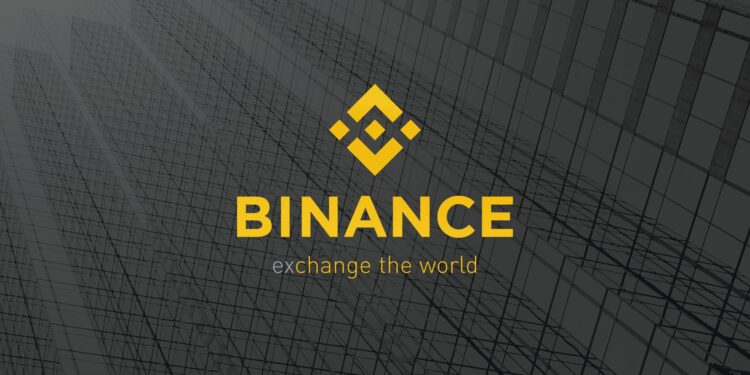The recent regulatory warnings on Binance’s stablecoin BUSD from the SEC and New York regulators are not stopping the crypto exchange giant as it focuses on launching new products and expanding its crypto business worldwide. Binance, the biggest cryptocurrency exchange in the world, is aiming to make a comeback in Singapore’s cryptocurrency scene after shutting down its crypto trading operations in February of last year. According to a report, Binance’s custody arm, Ceffu, is making headlines again with its latest announcement of applying for a license in Singapore. This move comes as a part of Ceffu’s expansion plan, as the company aims to broaden its reach in the Asia-Pacific region.
Binance Seeks License Amid Regulatory Crackdown In The US
Ceffu, the custody arm of Binance, plans to seek a Capital Markets Service license from the Monetary Authority of Singapore (MAS) to provide cryptocurrency custody services to corporate customers in Singapore. The move comes after Binance recently rebranded its custody service from Binance Custody to Ceffu, taking inspiration from its Secure Asset Fund for Users (SAFU).
Binance, the biggest cryptocurrency exchange in the world, plans to pursue a license to provide cryptocurrency services to corporate clients in Singapore, shifting its focus from retail customers. Despite facing scrutiny from US regulators, Binance intends to have its custody arm apply for the necessary permit “in due course,” according to executives from the unit.
In November, Binance quietly launched its revamped business for corporate clients in Singapore, rebranding its custody service as Ceffu. However, the exchange did not disclose the exact capital relationship with the unit. Ceffu is aimed at professional investors seeking custodial and other digital asset services, and it is for this business that Binance intends to obtain a license.
Singapore Is A Significant Market For Binance
Binance considers Singapore to be a significant market, but the Monetary Authority of Singapore (MAS) exerted regulatory pressure that forced the crypto exchange to leave the market. In 2021, the MAS declined to renew Binance’s license because the crypto exchange did not implement the necessary changes as directed by the regulator. Jarek Jakubcek, head of law enforcement training at Binance, revealed that the company has since made several changes in order to comply with the regulators’ directives. He further said, “If you take a look at recent hirings, you will see that Binance is hiring people with years of experience in law enforcement and regulations.”
Athena Yu, Vice President of Ceffu, commented on the demand from institutional investors in Singapore: “Given the city’s reputation in innovation, good corporate governance, and a strong regulatory framework, it’s no surprise that institutional investors are attracted to set up shop here.”
Binance is currently facing regulatory pressure in the US, much like the strict regulatory environment it faced in Singapore. The heightened scrutiny comes after the collapse of FTX, and Binance’s US firm has been targeted by regulators who oppose the acquisition of the assets of bankrupt crypto lender Voyager Digital. In addition, the US Securities and Exchange Commission’s regulatory crackdown on cryptocurrencies has forced Binance to sever ties with its US partners, which has resulted in the cessation of Binance USD (BUSD) usage for crypto trading and has impacted crypto staking services.
The increased regulations that Singapore plans to implement have raised concerns about whether the financial center will remain an attractive destination for digital asset players. At the same time, rival hubs like Hong Kong are perceived to be luring investments from these players.
Despite the challenging regulatory environment, Binance still places value on maintaining a limited form of commercial presence in the Southeast Asian country, particularly with its institutional business. This is evident in the determination of the custody unit to obtain a license.
Singapore’s flexible tax policies, access to diverse tech talent, and strategic location, which enables companies to operate seamlessly within the region in Asian time zones, make it an attractive destination, according to Takashi Sato, CEO of Arriba Studio, a Singapore-based accelerator that invests in cryptocurrency firms.























